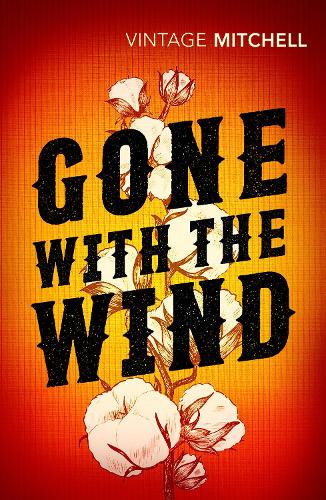The reviewer criticizes 'Gone With the Wind' for its racist content and portrayal of slavery, arguing that the book and its author, Margaret Mitchell, are inherently racist. They highlight specific passages that defend slavery and depict Black characters in a demeaning manner.
The reviewer finds 'Gone With the Wind' to be a deeply racist novel that romanticizes the antebellum South and slavery. They point out that the book's omniscient narrator frequently makes racist statements that are not attributed to any character, indicating the author's own beliefs. The reviewer also criticizes the portrayal of Black characters, such as Mammy, who is described in dehumanizing terms. They argue that the book's defense of the Confederacy and its depiction of Reconstruction as a time of chaos and insolence among freed Black people are further evidence of its racist ideology. Overall, the reviewer believes that 'Gone With the Wind' is a hateful book that should not be celebrated.
Quick quotes
Margaret Mitchell was a racist and in 1936, 70 years after the Civil War, she wrote a thousand-page love letter to racism. If you'd like to hear why slavery was terrific and black people are inferior to whites and they liked being slaves, here is your epic. If that sounds unpleasant, you won't like Gone With the Wind.
The house negroes of the County considered themselves superior to white trash...they were well-fed, well-clothed and looked after in sickness and old age. They were proud of the good names of their owners and, for the most part, proud to belong to people who were quality.
I hear the darkies coming home across the fields at dusk, tired and singing and ready for supper, and the sound of the windlass as the bucket goes down into the cool well. And there's the long view down the road to the river, across the cotton fields, and the mist rising from the bottom lands in the twilight. And that is why I'm here who have no love of death or misery or glory and no hatred for anyone. Perhaps that is what is called patriotism.
